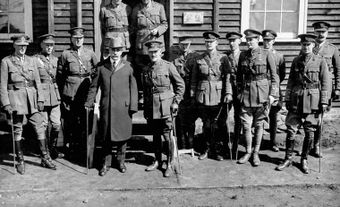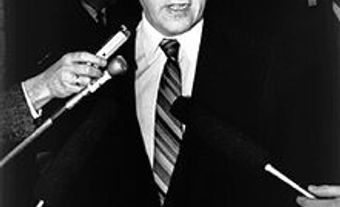
Nootka Sound Controversy
The Nootka Sound Controversy involved the competing claims of Spain and Britain for control of trade and navigation on the Northwest Coast and in the Pacific Ocean, 1789-94. Spain claimed the Pacific as its exclusive territory by right of the Treaty of Tordesillas (1494). Britain argued that navigation was open to any nation, and territorial claims had to be backed by effective occupation. In July 1789 Esteban Martínez, Spanish commandant at Nootka Sound, seized several British merchant ships. John Meares, part owner of these ships, reported the seizure to his government in his Memorial of 30 April 1790. Britain demanded compensation and threatened war, but Spain declined to pay compensation and prepared for war, hoping its long-standing Bourbon ally, France, would provide assistance. France, undergoing revolution, refused.
Under the terms of 3 conventions Spain was obliged to accede to British requests and compensate the British for their losses. Under the third Nootka Convention (11 January 1794) Spain and Britain recognized each other's rights of trade at Nootka Sound and in other Pacific coast areas not already controlled by Spain. Subjects of either nation could erect temporary buildings at Nootka, but not permanent garrisons or factories. Neither nation could claim exclusive sovereignty. Nootka Sound was to be maintained as a free port by Spain and Britain, and to be open to other nations. On 28 March 1795 both countries completed their withdrawal from Nootka Sound. The controversy ended in symbolic victory for British mercantile and political interests.

 Share on Facebook
Share on Facebook Share on X
Share on X Share by Email
Share by Email Share on Google Classroom
Share on Google Classroom


